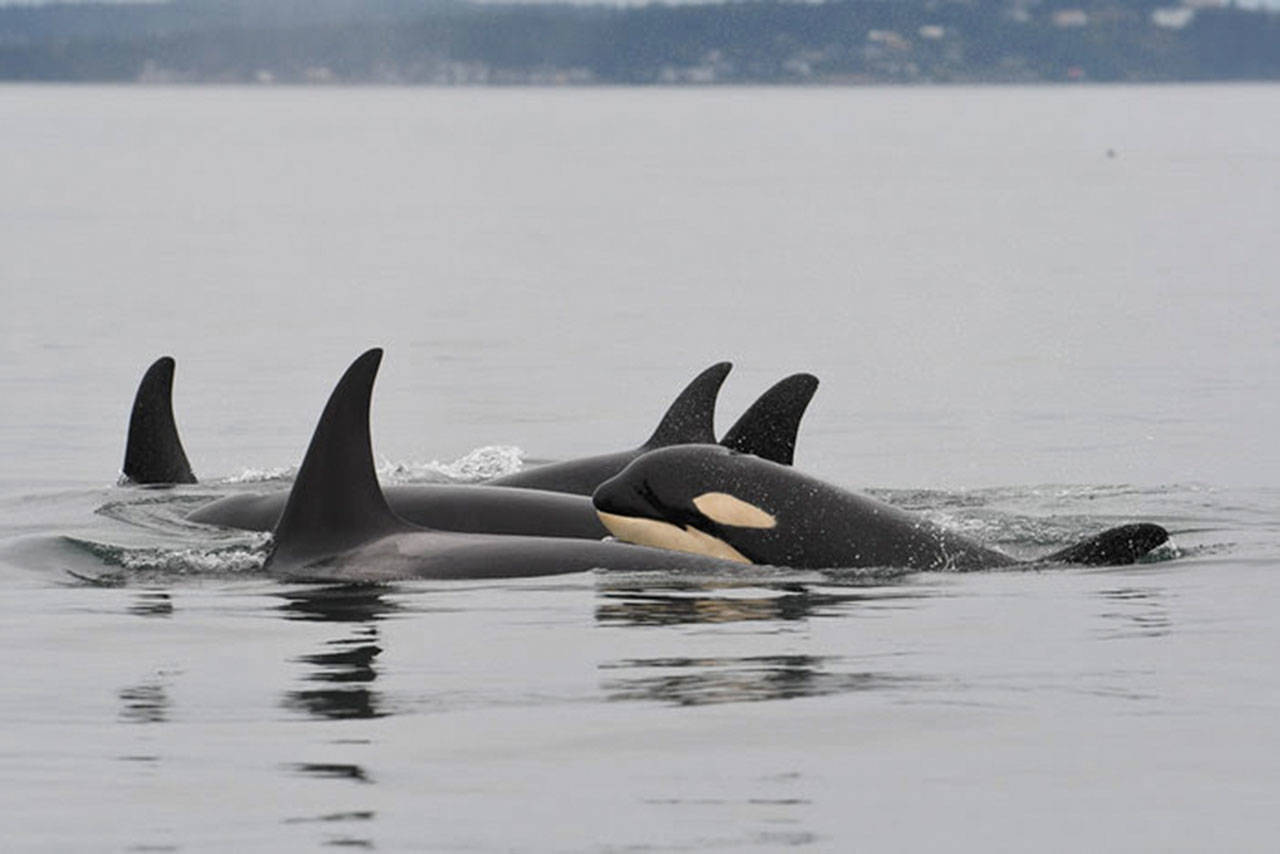forum
library
tutorial
contact

Breaching Snake River Dams Could
Be "a Deadly Distraction for Orca"
by Todd Myers
My Northwest, October 10, 2018
|
the film forum library tutorial contact |

|
Breaching Snake River Dams Could
by Todd Myers
|
 Todd Myers of the Puget Sound Salmon Recovery Council warns that breaching Snake River dams would not only do very little to help orca, but could also carry some additional long-term consequences.
Todd Myers of the Puget Sound Salmon Recovery Council warns that breaching Snake River dams would not only do very little to help orca, but could also carry some additional long-term consequences.
Contesting a suggestion from Michelle Seidelman of the Sea Shepherd Conservation Society that breaching Snake River dams could replenish the salmon food supply for orca, Myers chatted with Dave Ross of Seattle's Morning News to set the record straight.
"Spending hundreds of millions, even billions of dollars to tear down the Snake River dams, would do very little," Myers said. "It would be a marginal benefit at best."
Not only would it not help, but Myers claims that ultimately, breaching the dams could be "a deadly distraction for orca," as well as a costly one for taxpayers.
The idea that it wouldn't end up being exorbitantly expensive "is really wishful thinking," said Myers. "Even some advocates that (Seidelman) quoted say that it would cost at least hundreds of millions of dollars, and other folks say it would cost billions."
All this would not only come at the cost of not just taxpayer dollars, but also electricity. Myers estimates that breaching the dams would lose approximately 7 percent of Washington's energy. This comes in the midst of a potential energy shortage in the near future.
"The Northwest Power Planning Council testified before the legislature just a week ago, saying that in 2021, we're going to have shortages," he said. "I asked them, I said ‘what would happen if we tore down the dams,' and they said it would get worse," he warned.
So what would actually help a struggling local orca population? While conceding that the salmon population is definitely a factor, Myers argues that the larger issue is sound pollution.
"Sound makes it difficult for them echo-locate prey, we know that the sound gets in the way and makes it hard for them to hunt," he said, adding that "Washington State ferries are some of the biggest problems we have."
Citing information from the Orca Task Force, he estimates that with a 15 percent increase in salmon and a 50 percent decrease in sound, we could actually put Puget Sound's orca "back on a path."
An orca population in jeopardy
The Northwest orca population has found itself in serious trouble. An orca calf hasn't survived in three years, while the overall population sits at a 30-year low.
Most experts agree that causes include a die-off of their primary prey, Chinook salmon, increased inbreeding weakening the population, and as Myers states, an uptick in sound pollution in the orca population's primary hunting ground.
Governor Jay Inslee authorized a task force in May to combat the issue. A handful of suggestions, like Seidelman's, have been pitched or implemented, but no long-term, permanent solution has been reached.
learn more on topics covered in the film
see the video
read the script
learn the songs
discussion forum
